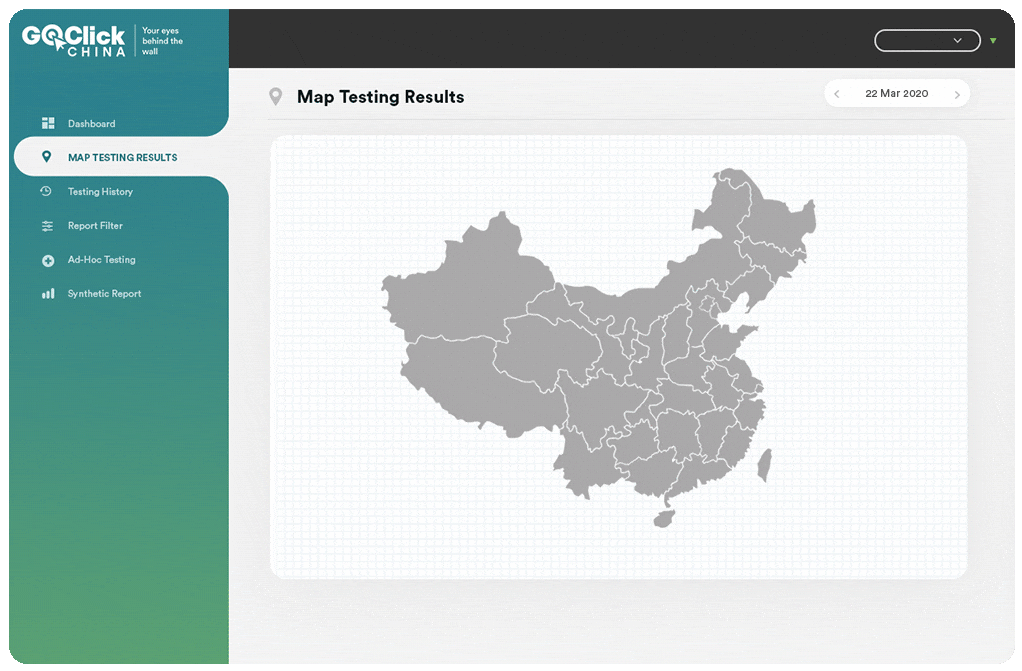In 2020, China launched two official eLearning platforms in partnership with the UNESCO Institute for Information Technologies in Education. The online learning platforms, XuetangX and iCourse International were created at the height of the pandemic to boost online education in China. The courses feature massive open online courses (MOOCs) that are generally free for anyone to enroll in. MOOCs are used by universities such as Harvard to make portions of their courses free for any interested party to enjoy.
With an online population of around 939 million, China is a promising eLearning market to expand into. Since the beginning of the pandemic, angel investors and funding companies have shown interest in the country’s budding EdTech industry. Despite getting the pandemic under control domestically, students are still finding themselves more familiar with learning through live streams or videos. Educators are also looking for ways to engage their students online with the new digital shift in traditional classes, thus driving the fundamental mind shift to eLearning.
Launching an eLearning business in China
To get a better feel of how online education in China has become a growing business endeavor, look at the EdTech companies that have recently received funding from investors. Among them are Zuoyebang, Yuanfandao, and the TAL Education Group.
In the current eLearning landscape, Zuoyebang and Yuanfandao are both educational apps that offer after-school assistance to students and some online courses similar to MOOCs. Zuoyebang offers online courses, live lessons, and homework help for kindergarten to 12th-grade students. Meanwhile, Yuanfudao offers live tutoring, online Q&A for students, as well as math problem-checking assistance to its members.
These are similarly offered by the older and more popular TAL Education Group which is currently listed on the New York Stock Exchange (NYSE). Their online after-school tutoring services are offered to primary to secondary students, in small classes or in one-to-one sessions. However, aside from the online tutoring services, TAL is also making waves by using artificial intelligence or AI technology for classes, specifically launching its Putonghua teacher app which gathered recognition from UNESCO.

However, eLearning in China may be more challenging than usual for foreign businesses because you need to know the popular alternatives. Google is not available in China, neither is YouTube. So you need to tap into native Chinese resources, such as Baidu, Youku, WeChat, Douyin, and other platforms that are popular across China.
Looking at each of these companies closely, you can see similarities that they all have aside from the products they offer:
- Online presence within China
- Mobile app accessibility
- Classes conducted via live streaming
Important Considerations When Starting an eLearning Business in China
Now that you’ve learned the eLearning landscape in China, here are some basic considerations when planning your eLearning business.
Localize your online presence in China
Since most of the online learning in China happens as an educational supplement consumed by young learners, it is important to ensure that the courses and the activities are custom-fit to the digital needs of local students.
It is imperative for the eLearning website to be in Simplified Chinese. You also need to consider how local students and parents would typically find information about the latest eLearning businesses or products for business visibility.

Choose foreign-based hosting vs. China-based hosting
While it may not be necessary for you to physically create a business within China, especially at this time, you can simplify the process of website creation by engaging with an agent that has extensive experience with website monitoring and testing within China’s network. Doing this can ultimately help you decide where to host your website.
Some businesses prefer offshore hosting to host in China. With this route, they’ll have to deal with the dynamics of passing on information from the server to the server, and the strict adherence to China’s internet guidelines.
A proper China-based CDN can help you reach the Chinese market without worrying about applying for an ICP license for your website.
Maximize the benefits of live streaming
Live streaming has become one of the most popular ways to facilitate online classes in China. Most of the live streaming platforms are accessible via mobile phones too. Among the popular live-streaming platforms are Douyin, Bilibili, Igetget, Zhihu Live, and Kuaishou. Looking at how they conduct streaming from their platforms can give you an idea about how China consumes educational information.

In designing live-streaming applications for the Chinese market, it is also important to consider the kind of technology to deliver your content. While Electron is still widely preferred in China for online classrooms, especially for platforms under the Tencent umbrella, WebRTC is gaining momentum in live streaming in China. Balancing convenience and scalability will keep you in pace with the changing landscape of live streaming technologies.
As a foreign business, if you have no presence in China, pick the CDN that best fits your audience size and location within China and establish what level of streaming performance is expected. This can be done through localized testing, wherein partnering with a localized agent becomes crucial.
eLearning Business in China
Since the eLearning business in China has undergone a massive boom, especially during the pandemic, the Ministry of Education has recently announced guidelines, seen as a regulatory act. Such things aren’t new in China, as the government would remind the public that it is keeping an eye on its digital ecosystem from time to time.
Having a China-based website monitoring agent can help you cover these seemingly minor but major changes in the business landscape, along with these other vital tools for keeping an online business:
Website monitoring and testing - Having synthetic and manual testing allows you to compare controlled user environments versus real-time user experience. This strategy can be done across regions in China to see differences and usage patterns that may be tied to the location of your website users.

App marketing strategies - If you look at the websites of the popular eLearning platforms in China, you would commonly find them pointing to instructions and guidelines on using their services on a mobile device. This gives you an idea that perhaps the best way to target your customers is via app engagement. While you can create your own apps, jumpstarting business visibility would be easier if you maximize already popular apps in China to market your product services.
With a China-based agent, you can easily identify which apps to tap for your business and which features offered are most suitable for your business.
Using SEO - Search Engine Optimization or SEO for China-based websites follow rules that are often suited for China’s own search engines such as Baidu, Weibo, to name a few. This means that the SEO strategies you may have applied for your international site might not apply. The first thing you need to consider is that your website must be worded in Simplified Chinese. Direct translations from English to Simplified Chinese might not be ideal since online education customers tend to come from a wider breadth of audiences--kids to adults.
To learn more about succeeding in China, check out our other articles.
If you want to learn more about testing in China, check out our solutions.



